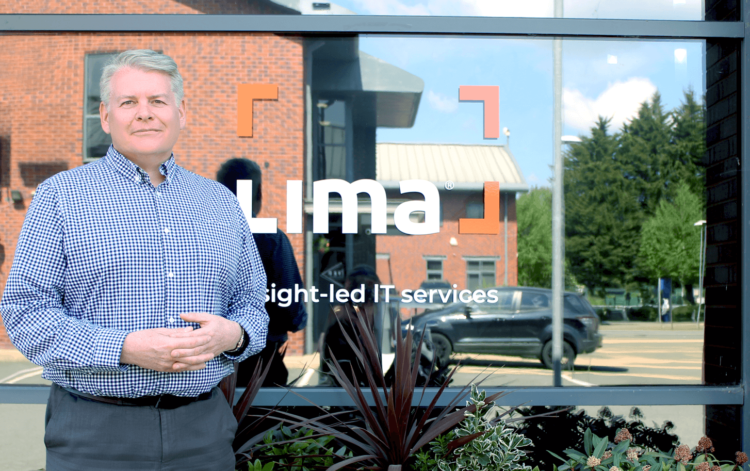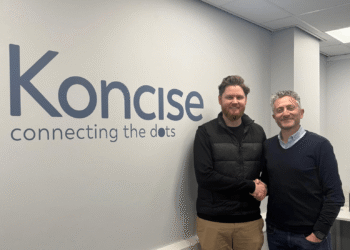LIMA has kickstarted an M&A hunt after “redesigning” its business to focus on recurring services rather than infrastructure refresh, its CEO has revealed.
Backed by Maven Capital since 2019, LIMA serves organisations with 250-750 network users in the legal, professional services, accountancy and healthcare sectors.
Under CEO Danny Masters, who joined in late 2022, LIMA has grown recurring revenues as a percentage of its overall business from around 40% to 80%.
The Manchester-based outfit has won 12 new contracts with a total contract value of £7m already in 2025 – beating its total for the whole of 2024, Masters claimed.
In contrast, LIMA has not won any one-off infrastructure projects this year.
“Over the last two years we’ve seen a massive change from the customers not wanting to handle their own IT or be accountable for their infrastructure,” Masters said.
“We made a bet that the market would move much more towards recurring services – more managed services or a mini-outsource. So we went about changing the whole gearing of the business.”
“The decision-maker is non-IT”
Decision making has also moved from IT into the wider C-suite, Masters said.
“In the last six or seven key deals we’ve done, the decision-maker has been non IT,” he explained.
“There’ll be a tender process, and you have to prove you can do the technology. But that’s just to get through to senior decision makers – then for the whole of that engagement there is no tech at all.”
Alongside this, it’s no longer acceptable for IT suppliers to sell and then disappear, Masters agued.
“We won a big housing association at the start of this year. Their incumbent was four miles down the road and their senior team hadn’t met any of their team in three years,” he said.
“So we’re driving a lot more not only on the technology and services, but also on the post-contract engagement. We now commit a lot more to on-site quarterly review meetings and do roadmaps on our technology and their technology.”
“Customers don’t ask what the tin is”
Despite counting Microsoft and Kroll as key vendor allies, LIMA now delivers most of its services in-house via its own cloud infrastructure, according to Masters.
He flagged LIMA’s Vulnerability Detection & Remediation service as a growth hotspot.
“Our infrastructure is HP and NetApp. But customers don’t ask what the tin is; they just want the SLA and the outcome,” he said.
Now standing at around £14m, LIMA’s top line has taken a short-term dip, Masters conceded. This does not include the circa £5m revenues from sister company Data Centre UK, which builds datacentres for blue-chip clients including GlaxoSmithKline.
“But our contract book and our profitability over the long term is changing drastically,” Masters added, however.
LIMA will next year look to add capabilities in new verticals or in technologies such as AI and cyber through M&A, Masters revealed.
“The first thing was to turn LIMA around to focus on managed services, which has been a fantastic journey over the last 12 months for the PE firm to then put their hand in their pocket,” he concluded.
Doug Woodburn is editor of IT Channel Oxygen















